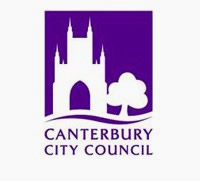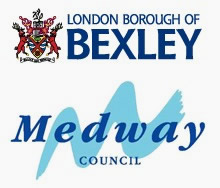Alcohol and Memory
08/03/2010
Alcohol can have a significant impact on the memory, in both the short-term and the long-term. When people have been drinking heavily blackouts are common. This is when some or all of the night is missing from someone’s memory. Usually people who have a blackout will never regain the memories lost. Blacking out can be unsettling and embarrassing and can also create situations where the drunk individual is vulnerable.
One effect of heavy drinking on the memory can be a form of dementia known as Wernicke-Korsakoff Syndrome. This is a combination of Wernicke's encephalopathy and Korsakoff’s Syndrome. Wernicke's encephalopathy is stage one of the illness and untreated can lead onto the more serious Korsakoff’s Syndrome. When someone has Korsakoff’s Syndrome they often have memory problems and make up lies to hide what they can’t remember.
Research has suggested that sleep disturbances caused by heavy drinking could affect the REM stage of sleep which is when memories are processed. It also revealed that alcohol dehydration can damage the memory.
Alcohol slows the brain function down which has implications for memory. People often find that after a night of heavy drinking their thinking is slower and their concentration and memory are impaired. Drinking around eight units a day regularly can cause some damage to the brain and memory according to experts, whilst between 11 and 18 units can reduce brain function. Drinking over 18 units a day can see alcoholic-level damage to the brain.
Experts warn that those under the age of 18 who drink are more at risk of damaging their brains and memories because their brains are not yet fully developed.
To avoid damaging your memory through drinking, keep the amount you drink within the limits outlined by the Government. If you have memory problems regularly because of drinking you should consider cutting down or getting professional help.

























